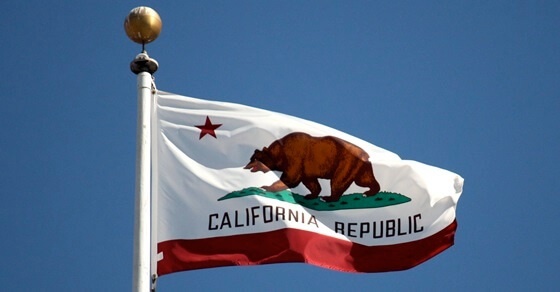
California’s Public Utilites Commission Takes Stand for Solar
For the past ten years, California’s generous net metering policy has been a driver of solar growth, allowing solar customers to earn retail electricity rates for their excess energy.
Critics have pointed out that the net metering policy doesn’t take into account the fact that the cost of solar installation has dropped by more than 40% since the net metering policy was enacted, and some say it allows solar adopters to unfairly bypass certain infrastructure costs.
In rebuttal, net-metering supporters say that analysis failed to take into account the benefits net metering provides to traditional utilities, but many agreed that the state’s solar policy was due for an overhaul.
After more than two years of contentious debate, California’s Public Utility Commission has finally weighed in on the future of net metering.
In a 3-2 decision, the Commission upheld the state’s net metering policy, with some key adjustments. As expected, certain concessions were made to the utilities, but overall, the decision looks to be a major victory for solar enthusiasts, especially in comparison to recent net-metering decisions in Hawaii, and Nevada.
A coalition of utilities including Edison, PG&E, and San Diego Gas and Electric countered the proposal with a last-minute “compromise” that would put Solar Investment Tax Credit at risk, undermine the state’s strong net-metering policies, and allow them to levy new higher monthly charges against solar customers.
They then attempted to sway public opinion with ostensibly grassroots ad campaigns maligning the solar industry.
Thankfully for solar advocates, the California Public Utilities Commission was unswayed by the utilities’ arguments, and on Thursday, voted 3-2 to go forward with the previous proposition put forward by CPUC President Michael Picker. So what does this new decision mean for solar users?
Solar Advocates Declare Victory
Under the utility commission’s new ruling, solar customers will pay one-time interconnection fee of $75 to $150. They will also be required to pay time-of-use based utility rates, which will be higher during peak demand hours.
Additional charges of approximately $6 per month will also be assessed, and these fees are intended to contribute to public programs designed to facilitate greater use of renewable energy throughout the state.
However, California’s net metering rates will remain the same, allowing homeowners to sell their excess power back to the utilities at full retail rates.
A Mixed Blessing
Obviously, solar users would prefer their energy bills to be as low as possible. Under the new decision, the average Edison solar customer can expect to pay a monthly bill of around $91, up from $82 before the ruling.
It’s also important to note that the new plan is only an interim solution. NEM 2.0, as it’s called, is scheduled to be reviewed in just three years. In 2019, NEM 3.0 will be hashed out, with adjustments made based on several CPUC studies to be conducted in the interim.
If you're a solar installer in California and you want to take advantage of the interim period, make sure you get in touch today to buy high quality solar leads for your business -- it's just the jumpstart your sales and marketing team needs!
[Photo via: Learn.revolvesolar]
Start making more
money today!
Search Categories
Tags
Tag Cloud
Latest from Twitter
Contact Us
Call us at 310-540-8900 or fill out the form below and we’ll tell you how you can get high quality leads for free*.
* Get up to 10% free leads on your first order!